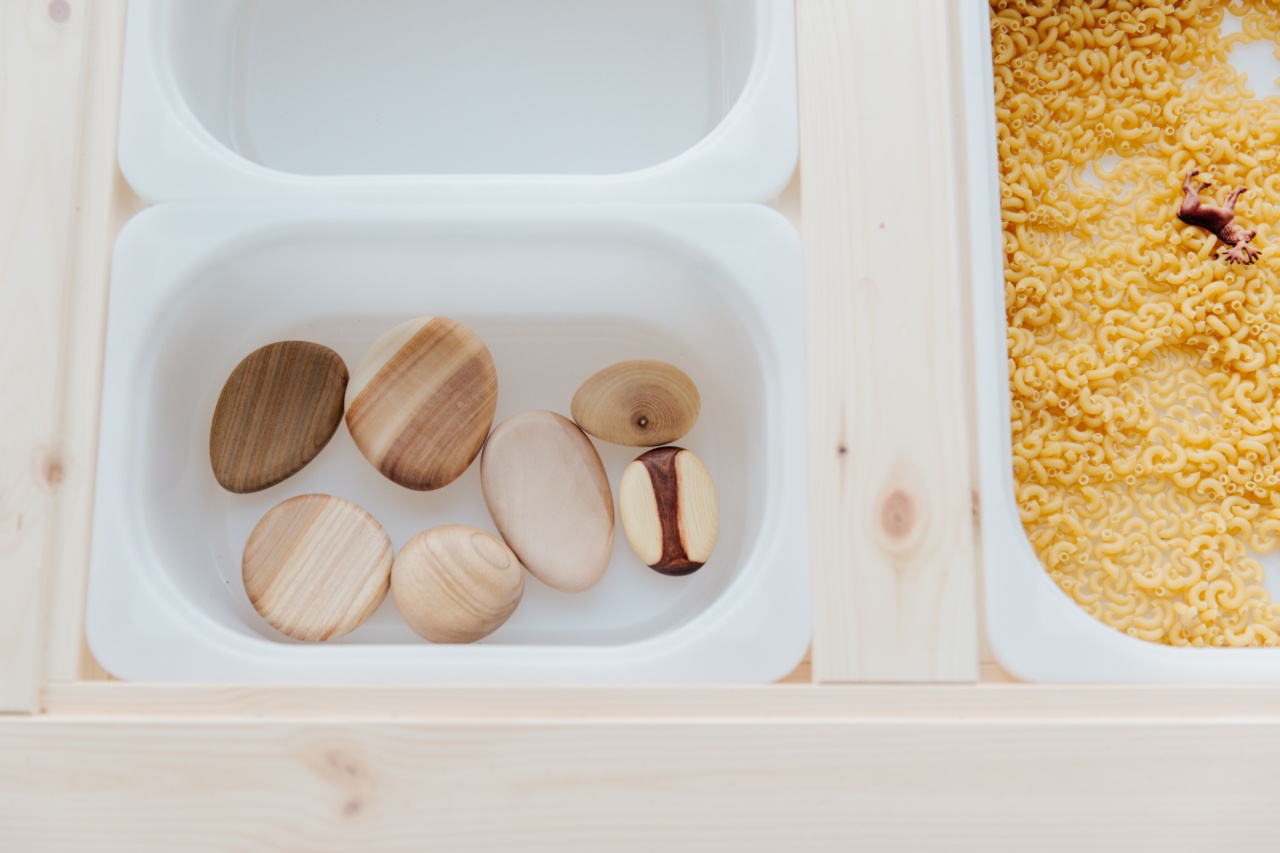Light products have become increasingly popular in recent years. Companies have started to produce products with less sugar, fat, and calories in order to cater to consumers’ health concerns.
Parents might assume that light products would be a healthy choice for children, but is this the case? Are light products safe for children to consume? In this article, we will explore the risks and benefits of these products for children.
What are Light Products?
Light products are food or drink items that have reduced levels of certain ingredients in order to make them lower in calories, fat, or sugar. These products are usually marketed as a healthier alternative to their regular counterparts.
For example, you might see light or low-fat versions of dairy products, such as yoghurt or cheese, or light soft drinks.
Benefits of Light Products
Reducing the intake of sugar, saturated fat, and calories helps in maintaining a healthy and balanced diet. There are many benefits of consuming light products that can help children stay in good health.
Here are some of the benefits you should be aware of:.
Lower Calories
One of the main benefits of light products is that they tend to have fewer calories than regular products. For children, this can help to reduce the risk of obesity and other related diseases.
Controlled Sugar Intake
Many light products reduces/omits sugar from the original product. High sugar intake can lead to diabetes. So, with controlled sugar intake from light products, children can maintain a healthy blood sugar level.
of some nutrients needed for growth and development.
Risks of Light Products
While light products have their benefits, it’s also important to note that there are risks associated with these products. Here are some of the risks you should be aware of:.
Artificial Sweeteners
To make light products taste sweet without the addition of sugar, manufacturers often use artificial sweeteners.
Although the FDA has approved the use of these sweeteners, studies have raised concerns about the potential side effects of artificial sweeteners, such as weight gain, cancer, and type 2 diabetes risk.
Sodium Content
Sometimes, to compensate for the reduction of sugar or fat, salt is added to the product. Overconsumption of sodium can lead to high blood pressure, and other related diseases.
Lack of Nutrients
The nutrients that are removed from light products play an important role in children’s development and growth, including calcium, iron, protein, and vitamins.
Parents should make sure their children get the nutrients they need from other sources if their child’s diet includes light products.
Conclusion
Ultimately, whether light products are safe for children depends on various factors, including the product itself and the child’s overall diet.
Therefore, parents should be aware of their children’s needs and health conditions and consult with a medical professional or nutritionist about incorporating light products into their diet. While light products can help with weight loss and moderating sugar intake, parents should make sure their child’s diet is well-balanced and nourishing.



























